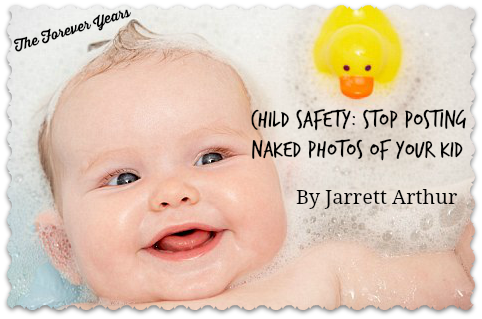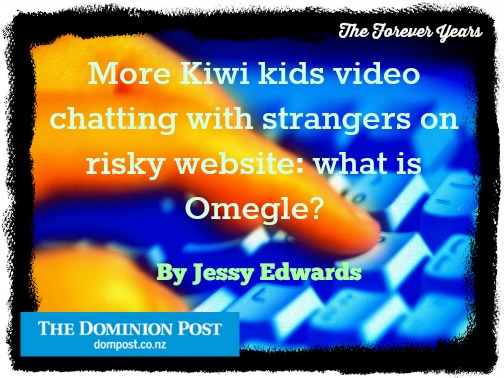“This is impossible,” Emily, the mother of three boys, exclaimed. “I don’t know if I’m supposed to give my kids more technology or less.” Emily felt paralyzed because she was caught between digital-age parenting advice and what her heart told her was right.
Online articles claimed that children need freedom with gadgets, but she knew a number of teens who spent their lives on their phones, spurned their families, and suffered from emotional problems. Emily was also dubious of promises that devices are the key to kids’ success, as she knew more than a few game-obsessed 20-somethings who still lived with their parents and showed no signs of being productive.
The Surprising Science of Raising Happy, Healthy Kids
In meeting with parents like Emily, I acknowledge the confusion about what is good parenting in the digital age. For guidance, I suggest looking to the science of raising healthy children. What it’s revealing is extraordinary: that even amid the trappings of our tech-obsessed culture, children’sconnections to family and school are still the most important factors in their lives. In other words, it’s time we get back to the basics.
There are other elements of raising healthy children, including engaging kids in creative and outdoor play, and showing them what it means to be a good friend. We also need to teach kids self-control and how to use technology productively. Yet, children are better able to acquire these abilities if they have strong connections with family and school. Children learn the value of nature when parents expose them to the outdoors. And kids acquire self-control, or grit, by persevering through challenging school assignments.
The Two Pillars of Childhood
Family is the most important element of children’s lives — even in this world of bits and bytes — because we are human first. We can’t ignore the science of attachment that shows our kids need lots of quality time with us. Such experiences shape children’s brains, and they foster our kids’ happiness and self-esteem, while diminishing the chances that they will develop behavior or drug problems.
Second in importance only to family is children’s involvement with school. Nevertheless, some question the value of traditional schooling, claiming that in the digital age kids learn best through exposure to the latest gadgets. But, according to the Pew Research Center, the value of a college education is actually increasing in recent decades, providing youth higher earning potential and significantly lowering their risks of unemployment or poverty. And how do colleges gauge admission? Not through high scores on video games or the number of social media friends, but instead by measuring kids’ understanding of the learning fundamentals taught in school, including the ability to read, write, and do math well.
(To read more of this article, please follow the link below…)
Back To Basics: Raising Children In The Digital Age, by Richard Freed







